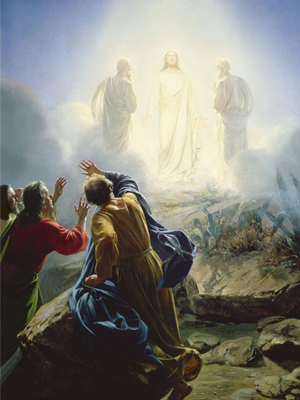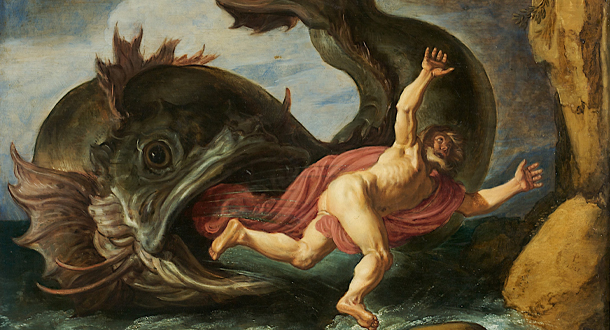
Scripture:
Genesis 37:3-4, 12-13a, 17b-28a
Matthew 21:33-43, 45-46
Reflection:
I do a lot of public speaking and check LinkedIn frequently. One speaker (whom I’ve met) posts regularly on her plentiful national keynotes, active social life, and musical competence. I realize I’m only seeing a snippet of who she really is, yet I can’t help sometimes feeling jealous of her success, talent, and popularity.
That’s called social media envy, and it’s a real danger. Young people spend hours daily on Tik-Tok, Instagram, etc., constantly comparing their lives to others. Everywhere, they see what they wish they had – possessions, likability, beauty, accomplishments, and more – and they try to imitate “influencers” to gain it for themselves. Their perceived “failures” can cause depression, low self-esteem, bullying, suicide, and violence.
It doesn’t require social media, of course. The persistent sin of toxic envy and jealousy has been with us from the beginning when Adam and Eve acted out of “knowledge envy” and Cain’s jealousy at Abel’s perceived status drove him to murder. Look at the biblical story of Joseph and his brothers, and the Gospel about the envious vineyard tenants. While I’m not going to kill anyone of whom I’m jealous, the sin is destructive.
Think about it for a moment. Of whom are you jealous? Who has the life, spouse, money, car, job, vacation, ability, faith, popularity, confidence, sense of humor, or talent that you wish you had for yourself? Would you gladly trade places with them, giving them your life and living theirs? Remember that would require letting go of your own baggage but also of what and who you love. It would require taking on their baggage and what and who they love. Are you so sure they’re happier than you inside? Are they loved for who they are or for those characteristics everyone envies? Do they know the security you seek, or do they feel they have to constantly prove themselves or put on a front to be accepted?
The truth is, we’re all imperfect human beings, with a complicated mix of good, bad, beautiful, and ugly running through our veins. The most genuine, big-hearted, loyal people I’ve met are those who stop comparing themselves against others and wishing for what someone else has. As Socrates said: “He who is not contented with what he has would not be contented with what he wished to have.”
Perhaps this week we can pray for the grace to realize and accept the fullness of what we already have, to live in gratitude for the abundance of our gifts, and rest in the sure and certain knowledge that we are totally, completely loved by God.
Amy Florian is a teacher and consultant working in Chicago. For many years she has partnered with the Passionists. Visit Amy’s website: http://www.corgenius.com/.







